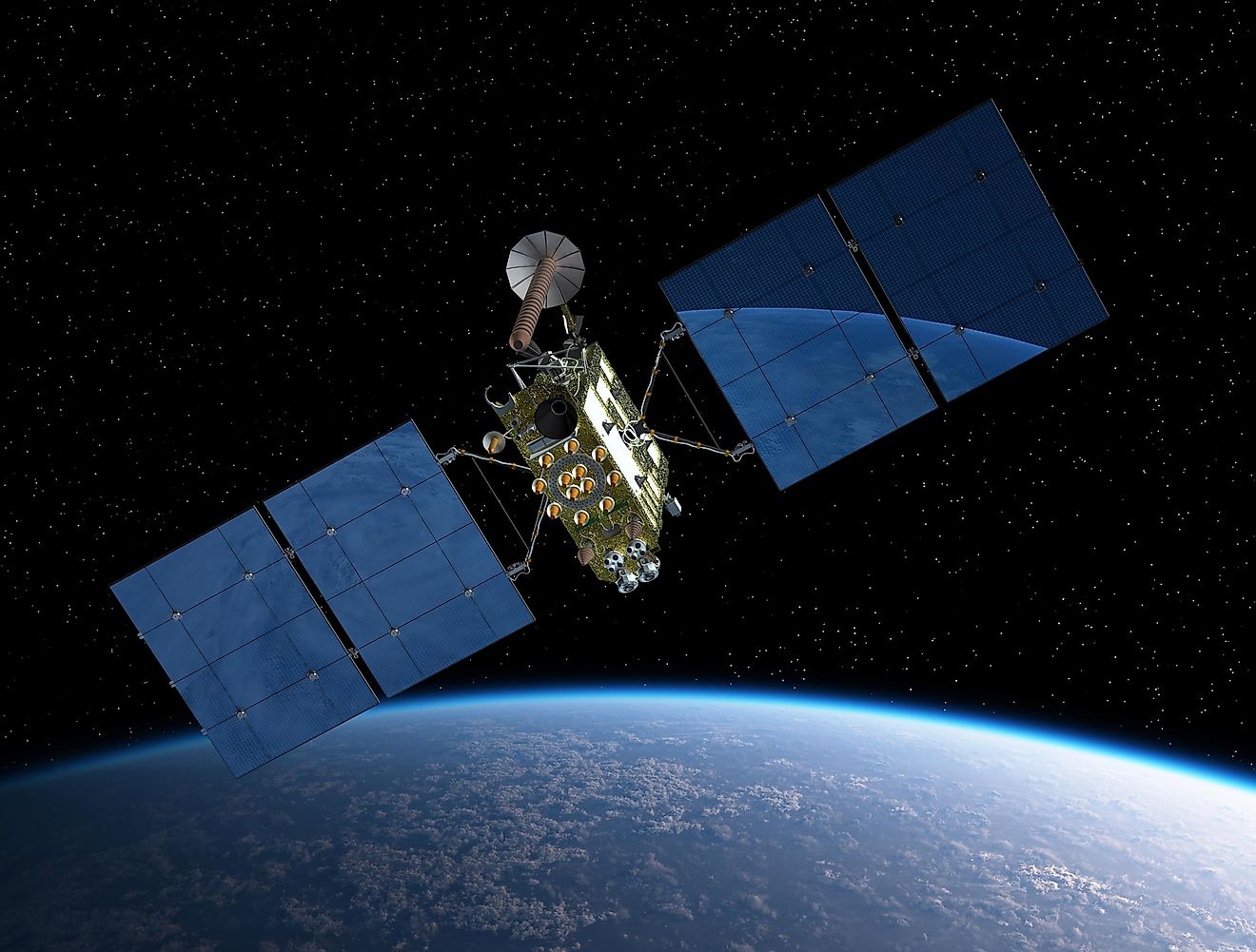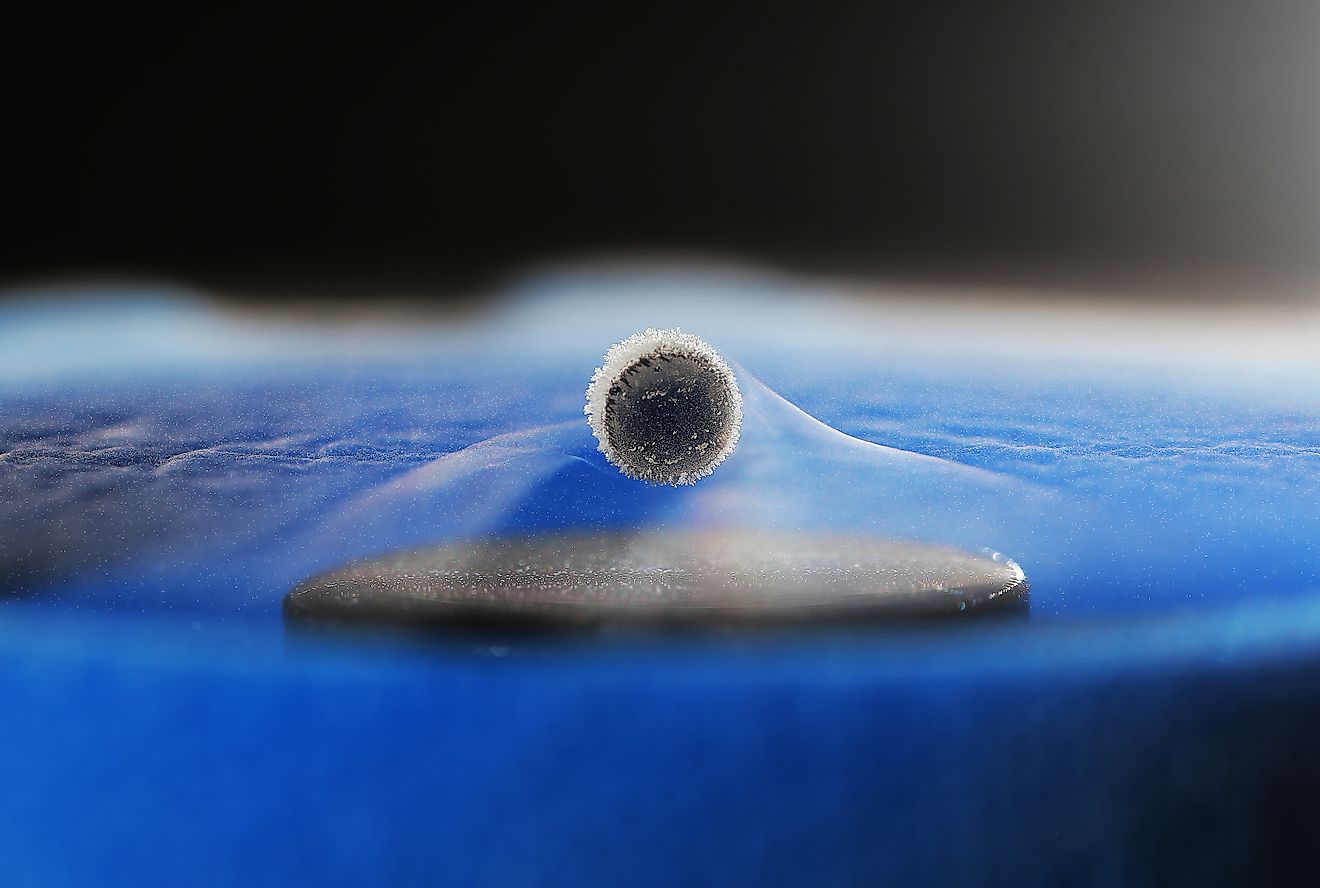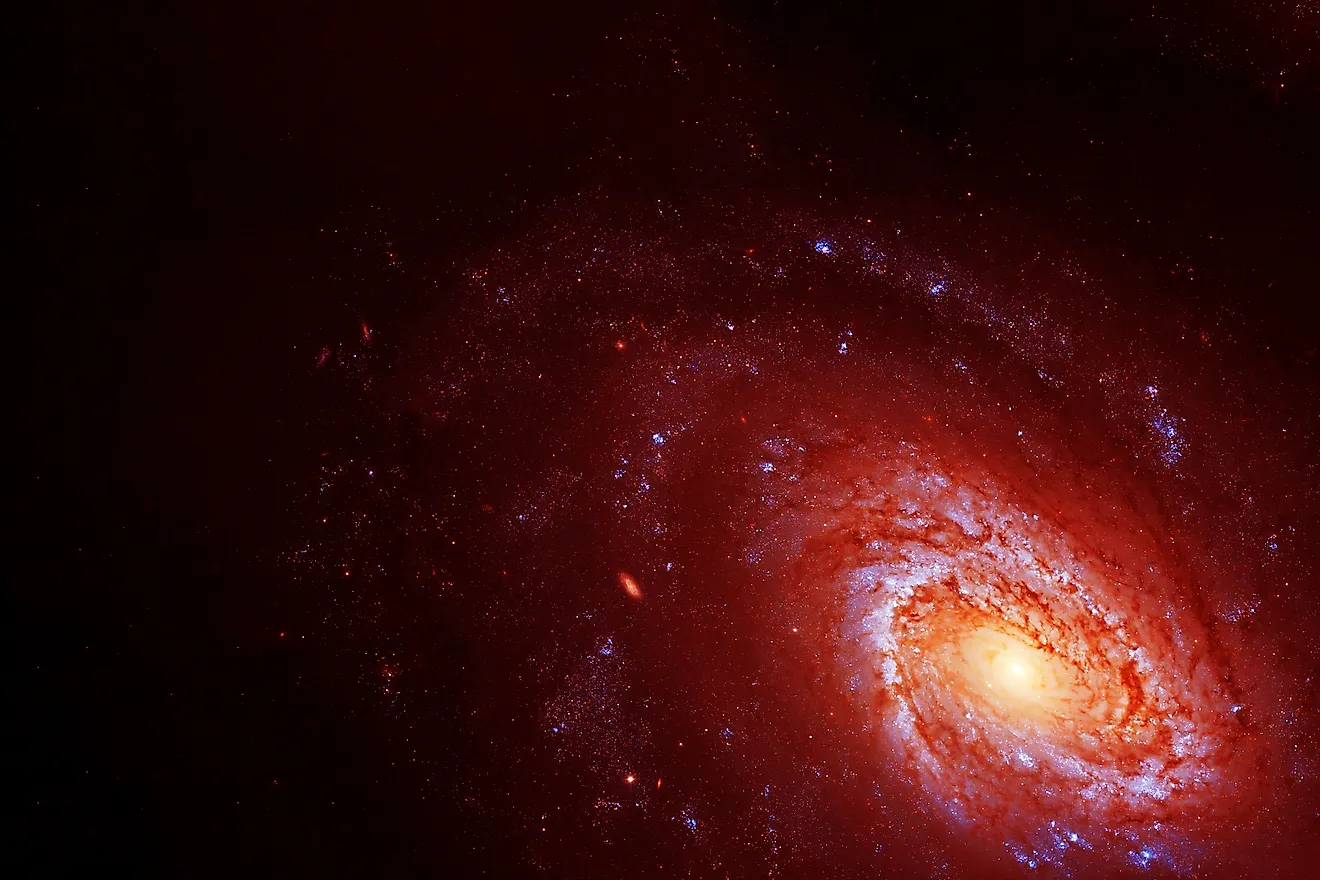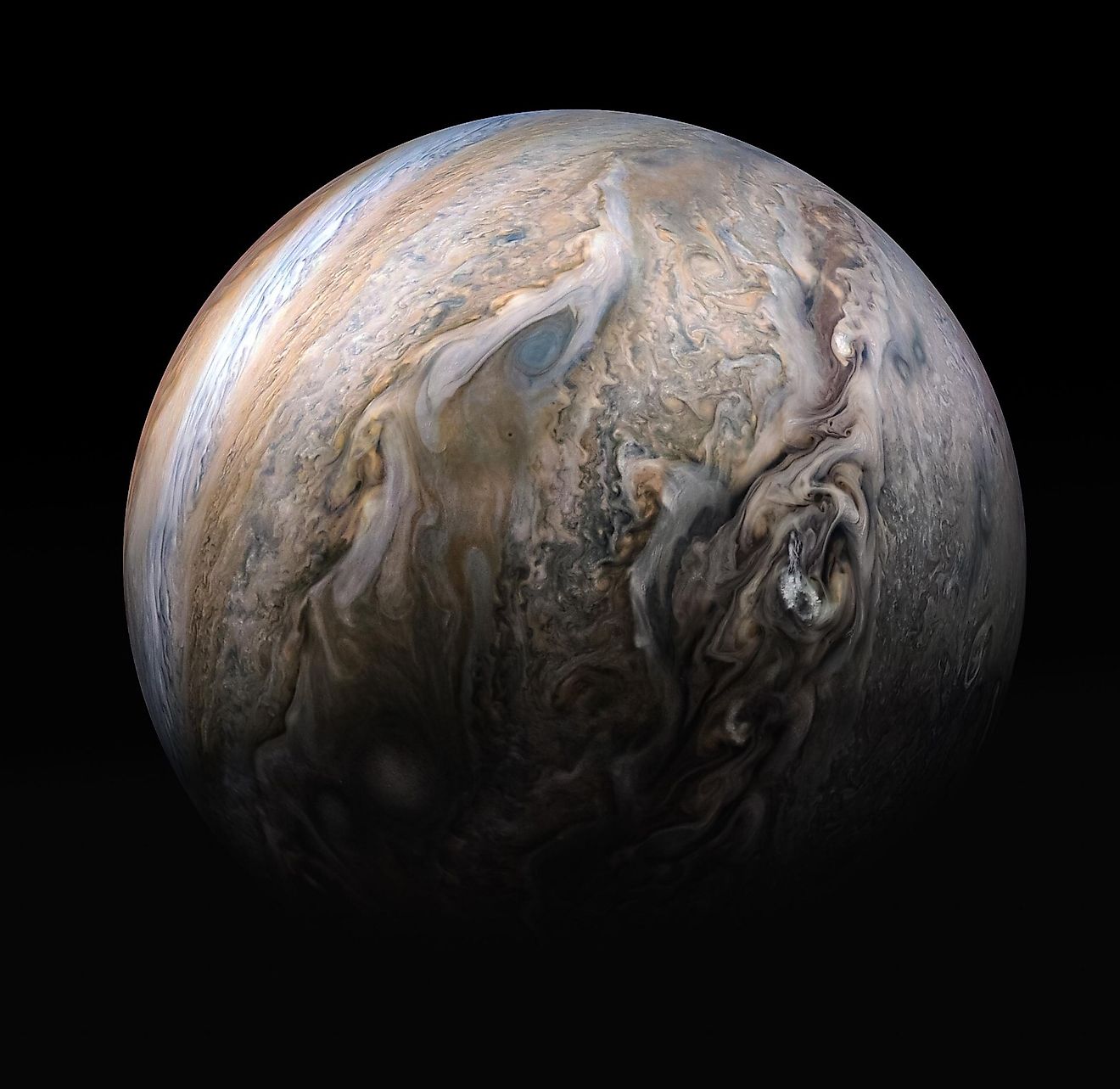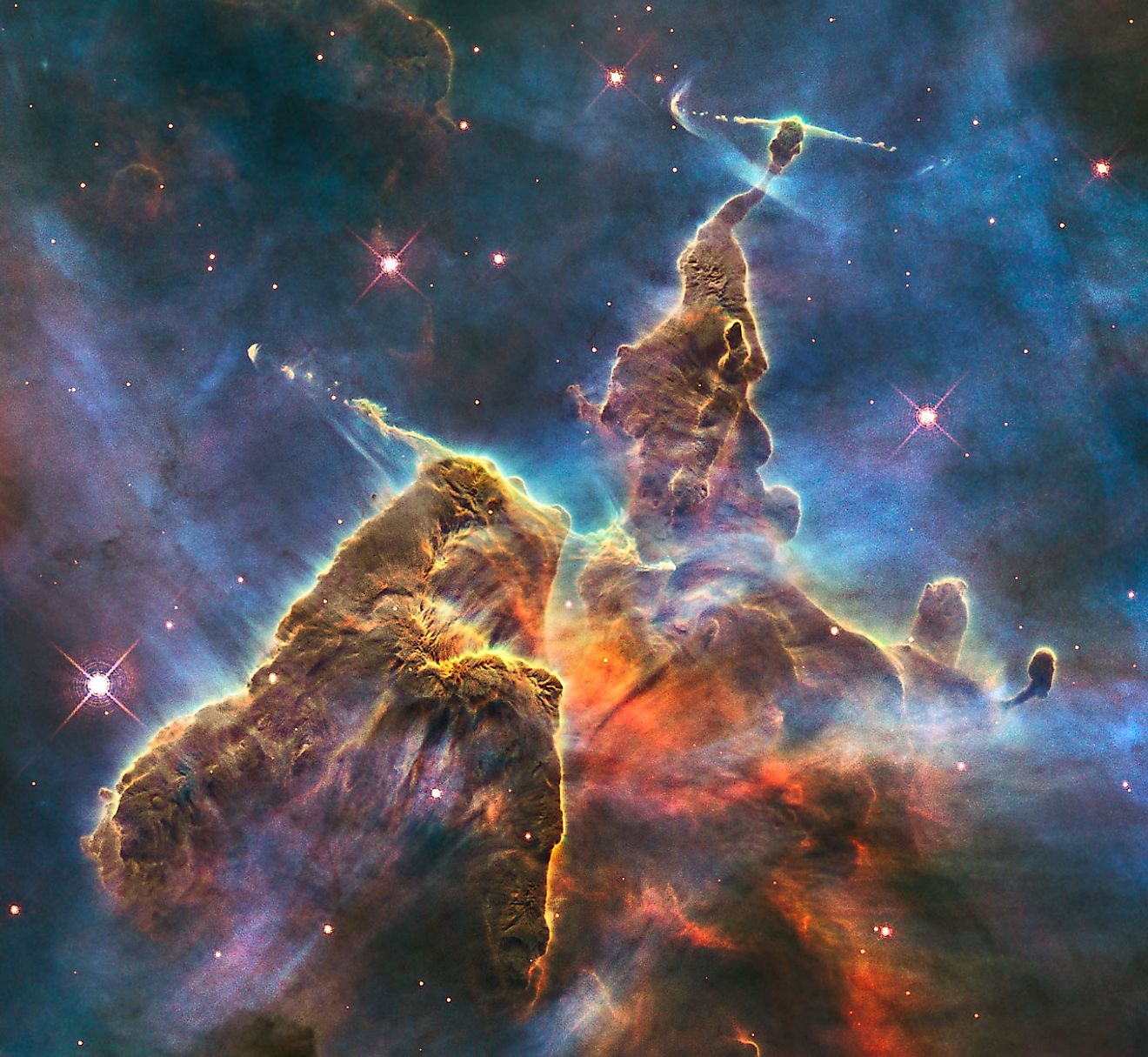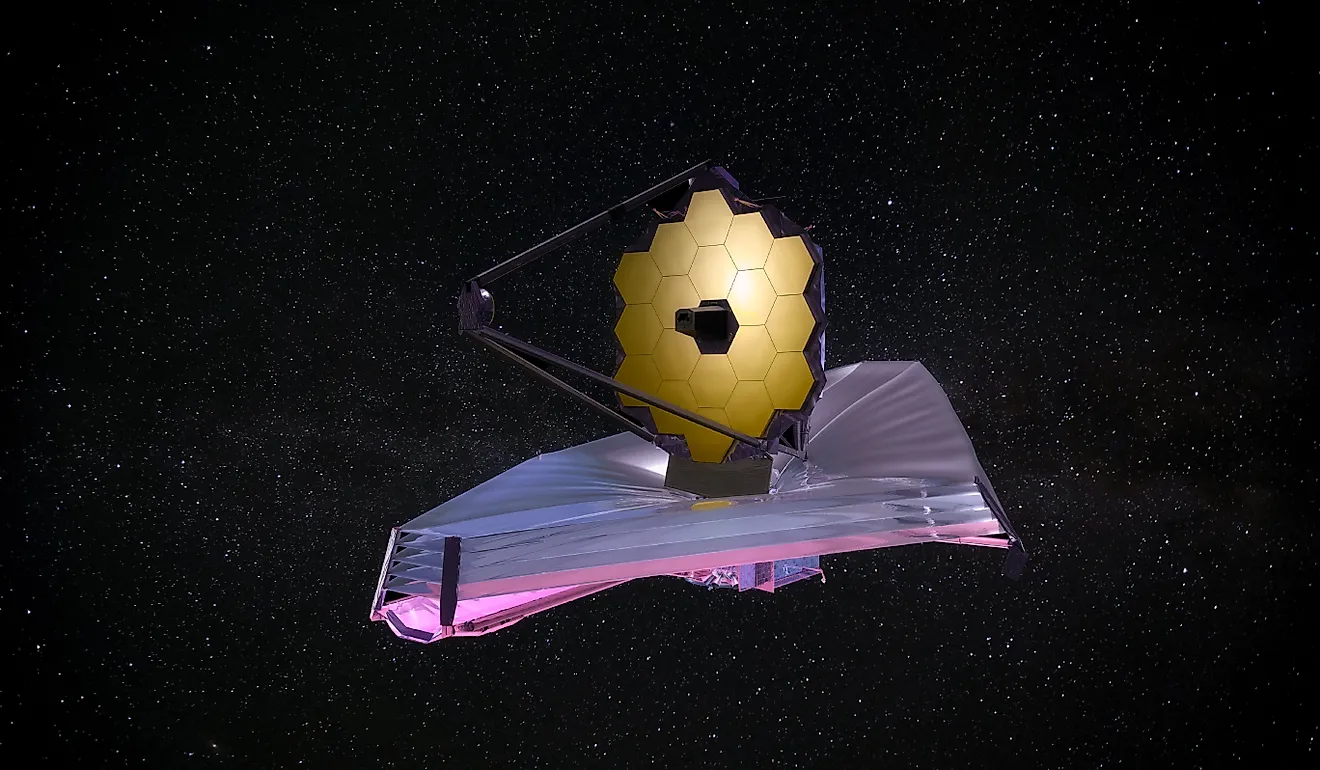
How Big Are Saturn’s Rings?
Saturn is not the only planet in our solar system surrounded by a system of rings. Jupiter, Uranus, and Neptune each have ring systems, yet none of them are nearly as big and magnificent as Saturn’s. When it comes to rings in the solar system, Saturn definitely steals the show. When seen through a telescope, it is obvious that Saturn’s rings are noticeably wider than the planet itself. Saturn has a diameter of 72,400 miles (116,460 kilometres), and the rings have a diameter of over 170,000 (270,000 kilometres), which is over twice the size of Saturn itself. However, this size represents all of Saturn’s rings together, and when viewed individually, their sizes vary.
How Many Rings Does Saturn Have?

Saturn is surrounded by seven main rings which are each assigned a letter. Moving outwards from Saturn, they are ordered: D, C, B, A, F, G, E. The rings are lettered alphabetically based on when they were discovered. For example, the A-ring was the first to be identified, while the G-ring was the latest to be discovered. There are also large gaps between some of the rings, such as the Cassini Division located between the B-ring and A-ring, as well as the Roche Division between the A-ring and F-ring.
How Big Is Each Ring?

Saturn’s rings vary significantly in size. For example, the smallest ring is the F-ring at only 310-miles (500-kilometres) across, while the largest ring, the E-ring, spans 186,000-miles (300,000 kilometres). Although the rings of Saturn are vast, they are not very thick. The rings average between 32-feet to half a mile (10-meters to one-kilometre) in thickness. In fact, if a piece of paper were the same size as Saturn’s rings, it would be over 100 times thicker than the rings. Relative to their size, Saturn’s rings are extraordinarily thin.
Through a telescope, and even in images, Saturn’s rings appear solid, yet appearances can be deceiving. The rings are composed of countless particles, which can be anywhere from the size of a pebble to a house. Most of these particles are composed of ice and small amounts of rock. In fact, Saturn’s rings are so bright due to their icy composition, which reflects a significant amount of sunlight.
Table: Size of Saturn’s Main Rings
| Ring | Size |
|---|---|
|
D-ring |
4,660 miles (7,500 kilometres) |
|
C-ring |
10,874 miles (17,500 kilometres) |
|
B-ring |
15,845 miles (25,500 kilometres) |
|
Cassini Division |
2,920 miles (4,700 kilometres) |
|
A-ring |
9,072 miles (14,600 kilometres) |
|
Roche Division |
1,615 miles (2,600 kilometres) |
|
F-ring |
310 miles (500 kilometres) |
|
G-ring |
5,592 miles (9,000 kilometres) |
|
E-ring |
186,000 miles (300,000 kilometres) |
